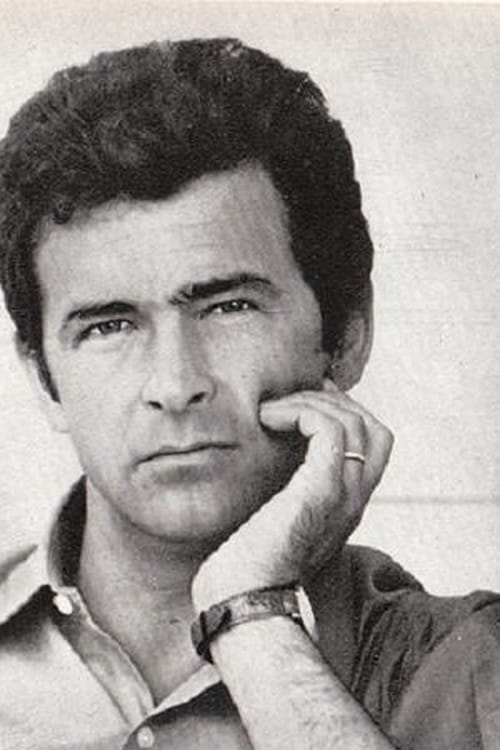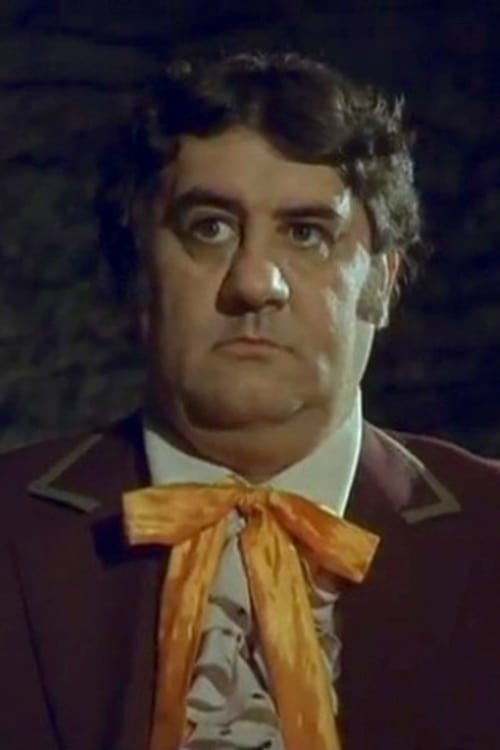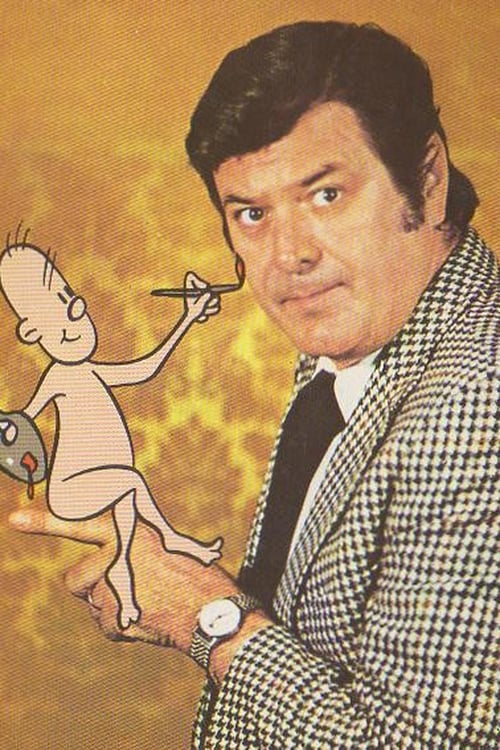The Bet (1985)
Genre : Family, Family, Fantasy, Fantasy, Music, Music
Runtime : 1H 39M
Director : Ion Popescu-Gopo
Synopsis
Based on a 19th century tale, this self-referential fantasy, complete with musical and animated interludes plus a cast of fairytale characters, tells the story of a bet between an old man and a fairy over a bag with two gold coins.

A movie adaptation of the eponymous novel by Panait Istrati, which tells the story of a mysterious, beautiful woman which, together with her mom, is selling her charms. The movie is filled with the atmosphere of Brăila in the 1900s

A movie adaptation of the eponymous novel by Panait Istrati, which tells the story of a mysterious, beautiful woman which, together with her mom, is selling her charms. The movie is filled with the atmosphere of Brăila in the 1900s

The movie is based on a true story from the end of WWI, in Transylvania. A nobleman who owned some land in Transylvania returns home to find a part of his fortune burned to ashes during late 1918 when power was trasfered from AustroHungary to Romania. Looking for revenge, he ordered the killing of innocent Romanian peasants from a neighbouring village, which he suspected to be guilty for the losses he suffered. A Romanian officer from Romanian Transylvanian Volunteers Corp, decides to help the villagers to face the menace of the nobleman

The movie is based on a true story from the end of WWI, in Transylvania. A nobleman who owned some land in Transylvania returns home to find a part of his fortune burned to ashes during late 1918 when power was trasfered from AustroHungary to Romania. Looking for revenge, he ordered the killing of innocent Romanian peasants from a neighbouring village, which he suspected to be guilty for the losses he suffered. A Romanian officer from Romanian Transylvanian Volunteers Corp, decides to help the villagers to face the menace of the nobleman

A provincial young girl, a farming engineer, does not want to return to the countryside on graduating, but stay in the capital. But she needs a Bucharest identity card to do this. Her solution is to "buy" a husband...

A provincial young girl, a farming engineer, does not want to return to the countryside on graduating, but stay in the capital. But she needs a Bucharest identity card to do this. Her solution is to "buy" a husband...

Adapted from a folk legend, it tells the story of a bad-tempered nobleman and his chronically useless younger son - who dreams of being the mythical hero Harap Alb.

Adapted from a folk legend, it tells the story of a bad-tempered nobleman and his chronically useless younger son - who dreams of being the mythical hero Harap Alb.

Follows the inner transformation of a man who tried to fight his demon, the love for money, and lost.

Follows the inner transformation of a man who tried to fight his demon, the love for money, and lost.

Three sequences which could have formed separate stories are linked together to give a larger perspective on the nature of reality and film. The three episodes are joined together by one film crew at work. In the beginning, the crew is introduced as they juggle their dual roles as State-supported propagandists who laud their government and society, and as private movie makers working on their own film. Next, they are in a restaurant looking for suitable locations to film when the eatery’s owner is induced to wax long and lugubriously on his miserable life. In the last segment, two extras are in the background of a scene, sitting at a table in a restaurant. It slowly becomes apparent to one of them that the man he’s sitting with tortured him more than 40 years ago at a Nazi concentration camp during World War II.

Three sequences which could have formed separate stories are linked together to give a larger perspective on the nature of reality and film. The three episodes are joined together by one film crew at work. In the beginning, the crew is introduced as they juggle their dual roles as State-supported propagandists who laud their government and society, and as private movie makers working on their own film. Next, they are in a restaurant looking for suitable locations to film when the eatery’s owner is induced to wax long and lugubriously on his miserable life. In the last segment, two extras are in the background of a scene, sitting at a table in a restaurant. It slowly becomes apparent to one of them that the man he’s sitting with tortured him more than 40 years ago at a Nazi concentration camp during World War II.

Based on a theatrical text by Romanian writer Ion Luca Caragiale (1852-1912), who was a bitter and funny witness of the turn-of-the-20th-century Romanian bourgeois mores, Carnival Scenes manages to preserve and further enhance the slightly hysteric atmosphere of his plays. Pintilie creates a strange combination of carnival scenes which is brought to the screen as a burlesque, fast-paced, screwball comedy with a meditative undertone. This film was banned in Romania for a decade until the death of Ceausescu in 1989 and was only released after the 1989 revolution.

Based on a theatrical text by Romanian writer Ion Luca Caragiale (1852-1912), who was a bitter and funny witness of the turn-of-the-20th-century Romanian bourgeois mores, Carnival Scenes manages to preserve and further enhance the slightly hysteric atmosphere of his plays. Pintilie creates a strange combination of carnival scenes which is brought to the screen as a burlesque, fast-paced, screwball comedy with a meditative undertone. This film was banned in Romania for a decade until the death of Ceausescu in 1989 and was only released after the 1989 revolution.

The life-story confession of a prisoner waiting for his trial. Victor Petrini, a promising intellectual in the 1950s and a lecturer in Philosophy is arrested by the repressive secret police, wrongly accused of espionage, and sentenced to prison and forced labor.

The life-story confession of a prisoner waiting for his trial. Victor Petrini, a promising intellectual in the 1950s and a lecturer in Philosophy is arrested by the repressive secret police, wrongly accused of espionage, and sentenced to prison and forced labor.

Savu and Panait, two drivers working for a firm of construction and assembly must ensure the movement of a giant machine. Along the way, she meets Miriam, a young gone to meet his fiance even transport your destination. Identity documents and stolen his train ticket. The two drivers decide to give her journey. After a night in a motel, drivers have an argument that is not foreign to the presence of Mary. For their silence, Savu decides to disembark. Not long after, overcome by remorse, turn back looking for her and thus reach his village which had left years ago. Here, Maria discovers drama of the human soul, wounded by an unhappy marriage. Arriving at your destination, are the husband of Mary is already married two months. Two men and a woman on the road to return, beyond sadness after a ravishing experience.

Savu and Panait, two drivers working for a firm of construction and assembly must ensure the movement of a giant machine. Along the way, she meets Miriam, a young gone to meet his fiance even transport your destination. Identity documents and stolen his train ticket. The two drivers decide to give her journey. After a night in a motel, drivers have an argument that is not foreign to the presence of Mary. For their silence, Savu decides to disembark. Not long after, overcome by remorse, turn back looking for her and thus reach his village which had left years ago. Here, Maria discovers drama of the human soul, wounded by an unhappy marriage. Arriving at your destination, are the husband of Mary is already married two months. Two men and a woman on the road to return, beyond sadness after a ravishing experience.

This Romanian dramatic comedy offers metaphorical commentary on life after Ceausescu's reign as it tells the story of a rural community turned topsy-turvy in their mad quest for the snails a prominent senator has requested for his dinner. The trouble begins when a rather imposing, pompous senator comes to visit a small rural Romanian town for a ribbon-cutting ceremony for their new hydro-electric dam. After he finishes his speech, the senator is accosted by a Swiss film crew eager to interview him. The senator is inordinately concerned with presenting a positive image of Romania to the world at large and so when he learns that he and the journalists are to stay at the same villa, does everything he came to make sure that they see nothing scandalous.

This Romanian dramatic comedy offers metaphorical commentary on life after Ceausescu's reign as it tells the story of a rural community turned topsy-turvy in their mad quest for the snails a prominent senator has requested for his dinner. The trouble begins when a rather imposing, pompous senator comes to visit a small rural Romanian town for a ribbon-cutting ceremony for their new hydro-electric dam. After he finishes his speech, the senator is accosted by a Swiss film crew eager to interview him. The senator is inordinately concerned with presenting a positive image of Romania to the world at large and so when he learns that he and the journalists are to stay at the same villa, does everything he came to make sure that they see nothing scandalous.

















